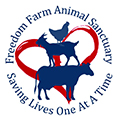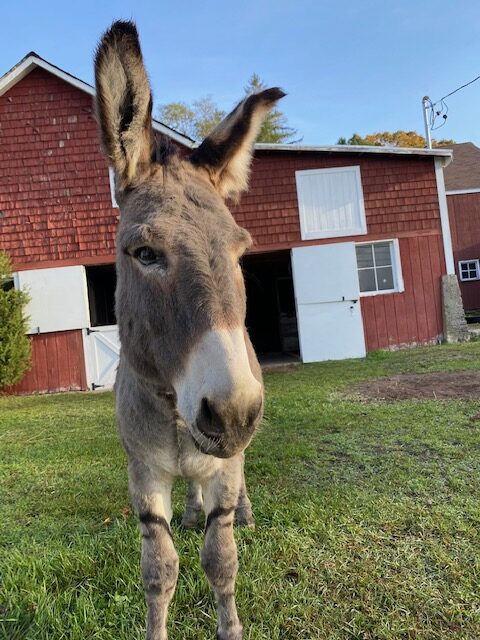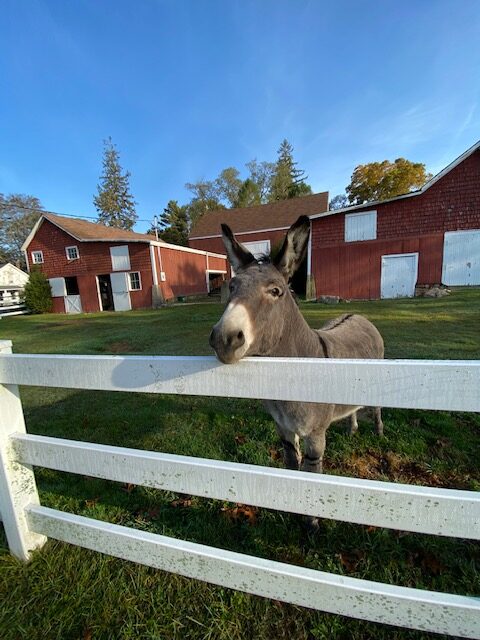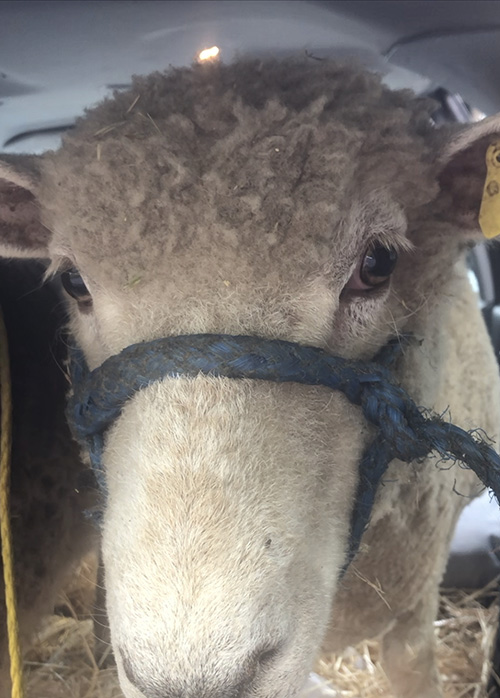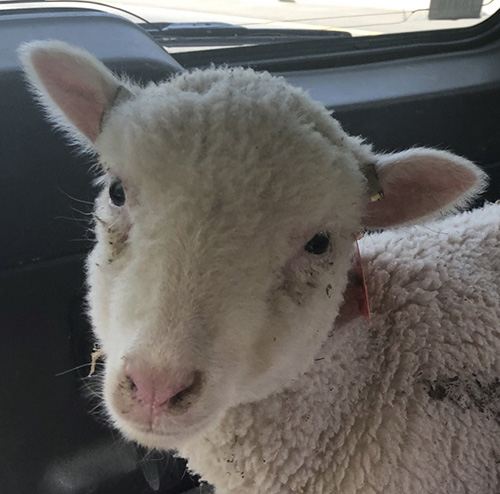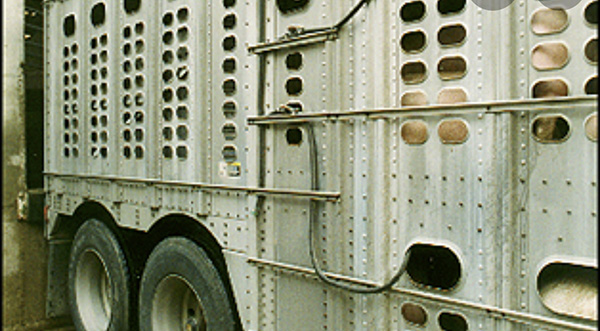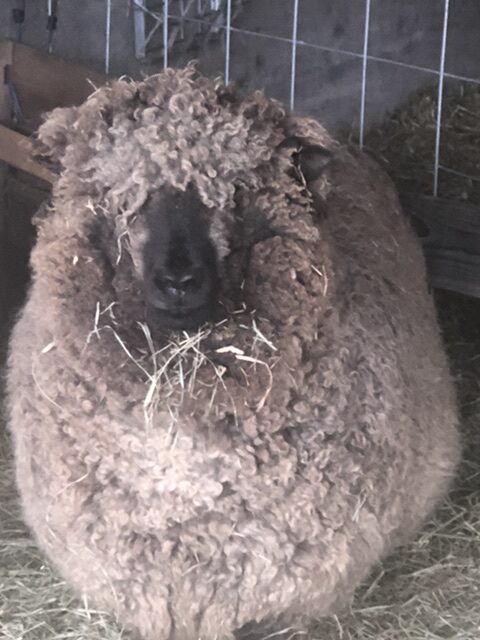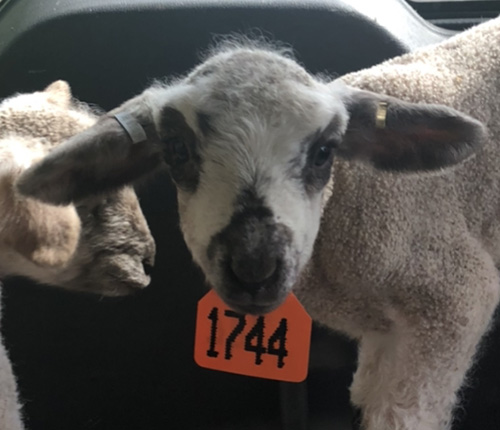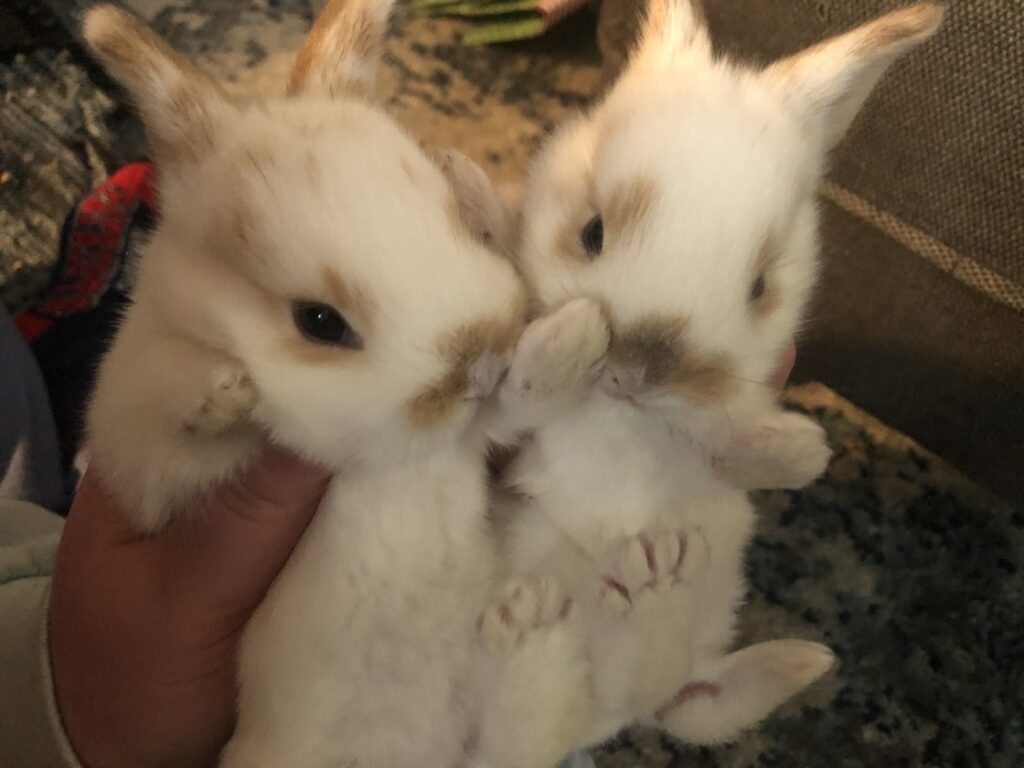Reporting Animal Abuse
Witnessing animal abuse and neglect can be extremely distressing, and understandably you may want to act fast. While rescuing the animal to a sanctuary may be a solution, oftentimes working with your local authorities and organizations will have the most impact for that animal.
Read below to learn more about what you can do.
Defining cruelty
Most reported animal cruelty comes in the form of neglect, with direct violence occurring less. Neglect, or a failure to provide basic needs for an animal, often includes hoarding, lack of shelter or veterinary care, tethering and abandonment, as well as other forms of abuse.
It can be very upsetting to see someone beating or physically attacking an animal, but it’s important not to turn away. It’s crucial to involve law enforcement quickly, if you witness these events.
Reporting Animal Abuse
If you witness suspected cruelty to animals, call your local animal control agency as soon as possible or dial 9-1-1 if you’re unfamiliar with local organizations. If you make a report of alleged animal cruelty, the responding agency is required to investigate.
Before you begin your report, the following steps can help you prepare.
- A concise, written, factual statement of what you observed—giving dates and approximate times whenever possible—to provide to law enforcement.
- Photographs of the location, the animals in question and the surrounding area. Note: do not put yourself in danger! Do not enter another person’s property without permission, and exercise great caution around unfamiliar animals.
- If you can, provide law enforcement with the names and contact information of other people who have firsthand information about the abusive situation.
- It is possible to file an anonymous report, but please consider providing your information. The case is more likely to be pursued when there are credible witnesses.
If your area lacks the proper animal welfare agency and your local authorities are not equipped to deal with animal cruelty cases, you can also contact the Humane Society or ASPCA.
